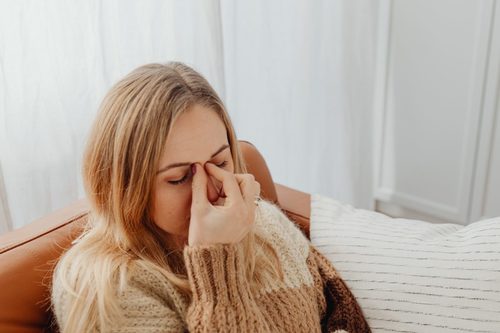Allergy season can be a challenging time for many people who suffer from seasonal allergies. Here are five tips to help you manage and reduce allergy symptoms during this time:
Monitor pollen counts
Keep an eye on local pollen counts and forecasts, which are often available through weather websites or apps. On high pollen days, try to limit your outdoor activities, especially during peak pollen times, which are typically in the morning and early evening.
Keep windows closed
To prevent pollen from entering your home, keep your windows and doors closed during allergy season. Use air conditioning with clean filters to help filter out pollen and other allergens.
Regularly clean your home
Dust and vacuum your home frequently, using a vacuum cleaner equipped with a HEPA filter to trap airborne allergens. Wash bedding, curtains, and other fabric items regularly in hot water to remove pollen and dust mites. Additionally, consider using allergen-proof covers for pillows and mattresses.
ALSO SEE: Cleaning hacks according to viral TikToker Mbali Nhlapo
Suit up
Take steps to reduce your exposure to allergens while you’re outside. Wear sunglasses to protect your eyes, and consider wearing a hat to keep pollen out of your hair. After spending time outdoors, change your clothes and shower to remove any pollen that may have collected on your skin and hair.
Over-the-counter medications
Over-the-counter antihistamines and decongestants can provide relief from allergy symptoms. Consult with a healthcare professional or pharmacist to find the right medication for your specific needs. Nasal saline rinses or sprays can help clear nasal passages, and eye drops can relieve itchy, watery eyes.
Remember, it’s always a good idea to consult with an allergist or healthcare provider to discuss your specific allergy triggers and develop a personalised allergy management plan. They may recommend prescription medications or immunotherapy if over-the-counter solutions are not effective.
ALSO SEE:
Feature Image: Pexels

